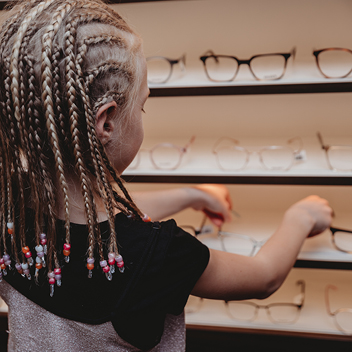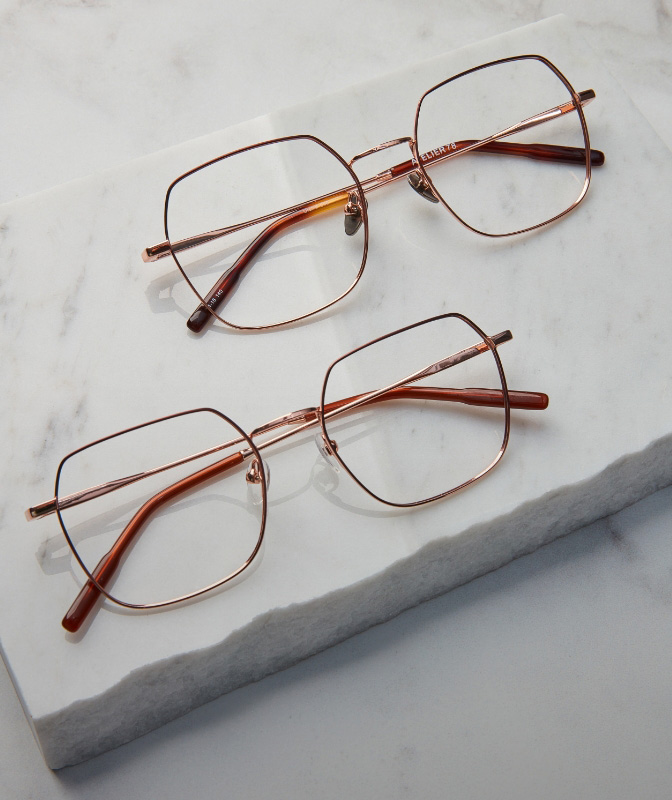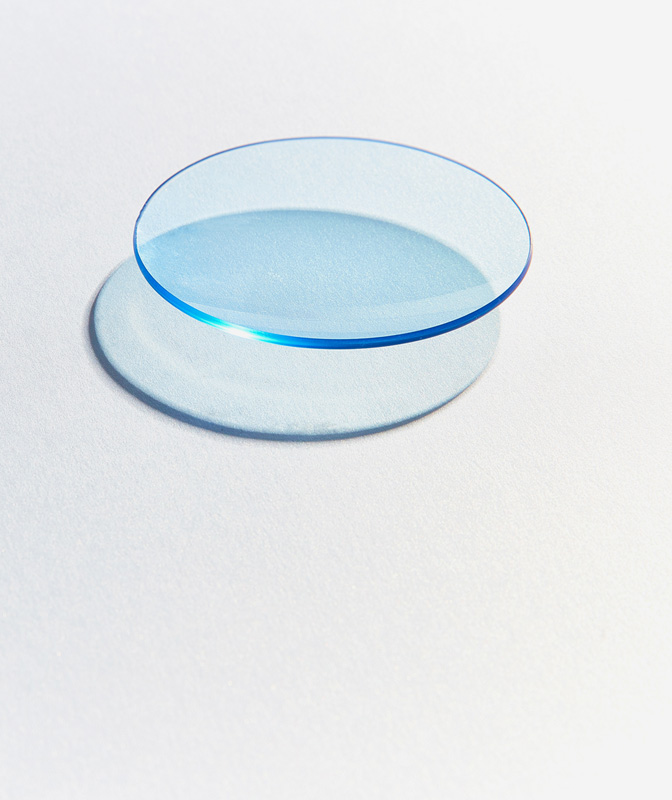Too much screen time? No choice!
Although screens are practical when it comes to being connected to your child’s school during the pandemic, their excessive use can have adverse consequences on visual health. According to the Quebec Association of Optometrists, children aged 9 and under should have a maximum of one hour of screen time per day. And they recommend a maximum of two hours per day for teenagers - which is far from your child’s reality when they have online classes! What can you do to limit the impact of excessive screen time? Here are 5 easy tips to follow.
1 > Everyone out!
It’s not because school’s out that you can’t enjoy recess! Taking a break outdoors every day has a positive impact on your ocular (and mental) health. And as a bonus, natural light also helps prevent myopia. Long live recess!
2 > Look far, far ahead
With the pandemic, it’s become harder to plan for the future - but we can still look ahead! You may be familiar with the 20-20-20 rule, but do you know why it’s important to follow it? “This simple rule allows your eyes to take necessary breaks by looking far away, which prevents overusing your near vision!” reveals Dr. Nault. Try this simple exercise with your children: every 20 minutes, for 20 seconds, stare at something approximately 20 feet away.
3 > Find alternate ways to relax
Do your children or teenagers have a break between two classes? Are you on lunch break? As a family, encourage each other to enjoy your time off without screens. You’ll give your eyes a welcome break and avoid tiring them out for no good reason!
4 > Get better lighting
When your children are back at work, make sure they have proper ambient lighting. This is quite easy to set up: just make sure that they are not staring at a screen in a dark room!
5 > Improve their workspace
If possible, ask your children to keep a good distance from their screen. “The closer they are to their screen, the more they will strain their eyes,” explains Dr. Nault. If your children are using a computer, they should be about an arm’s length away from the screen. If they are using a tablet, consider setting it up on a stand to avoid them having the device in-hand, since most people tend to gradually bring it closer to their faces when they are staring at it.
How can you tell if your children’s eyes are “tired”?
Despite your best efforts to adopt better visual hygiene habits, you can’t control everything. It’s best to stay alert to visual fatigue symptoms, such as:
- Trouble concentrating
- Difficulty in school
- Trouble focusing, resulting in attention deficit
- Headaches when exposed to screens or during prolonged reading sessions
- Blurry vision
- Burning or itching sensation in the eyes
Anti-fatigue lenses: a solution to soothe their eyes
Usually recommended for adults, anti-fatigue lenses are increasingly prescribed for children and teenagers. Overexposure to screens leads to overusing their near vision, which strains their eyes excessively. Anti-fatigue lenses are made-to-measure and can also be treated against blue light. A little bit like progressive multifocal lenses, there is an area at the bottom of the glasses that helps soothe their eyes when they are exposed to screens.
Expert tip: if your optometrist prescribes anti-fatigue lenses to your child or teenager, adjust their screen height so their eyes are level with the top of the screen. This will ensure that their anti-fatigue lenses are as efficient as possible.
The right frames for increased visual comfort
Aside from anti-fatigue lenses, the frames you pick out for your child or teenager will have an impact on their visual comfort. Not too small and not too wide - the frames should be suited to your child’s face shape. And most importantly, they should be adjusted by a professional. When you have your prescription in hand, book an appointment with one of our opticians!

Need help?
Your children — especially younger kids — won’t necessarily tell you about a vision problem, because their bad vision will be normal for them. This is why it’s best to book them a yearly eye exam. Of course, if your child has symptoms of visual fatigue earlier in the year, you should make an appointment immediately with an optometrist. Find a Doyle boutique near you and book your next appointment in a few clicks!






